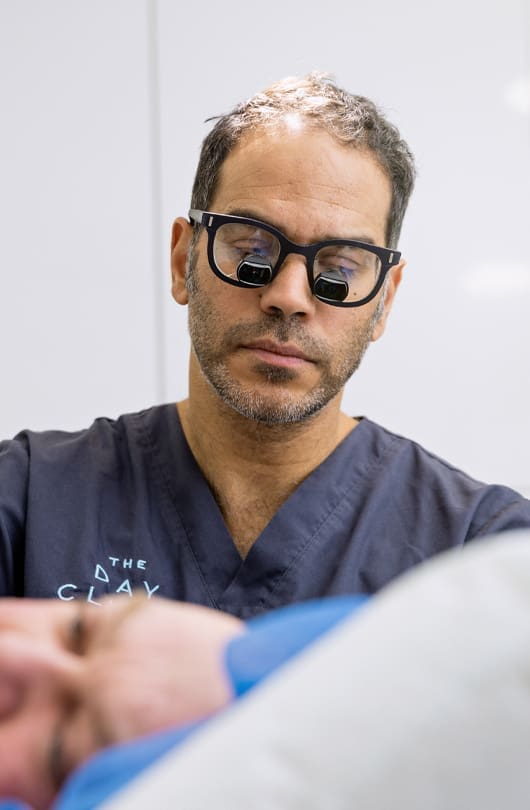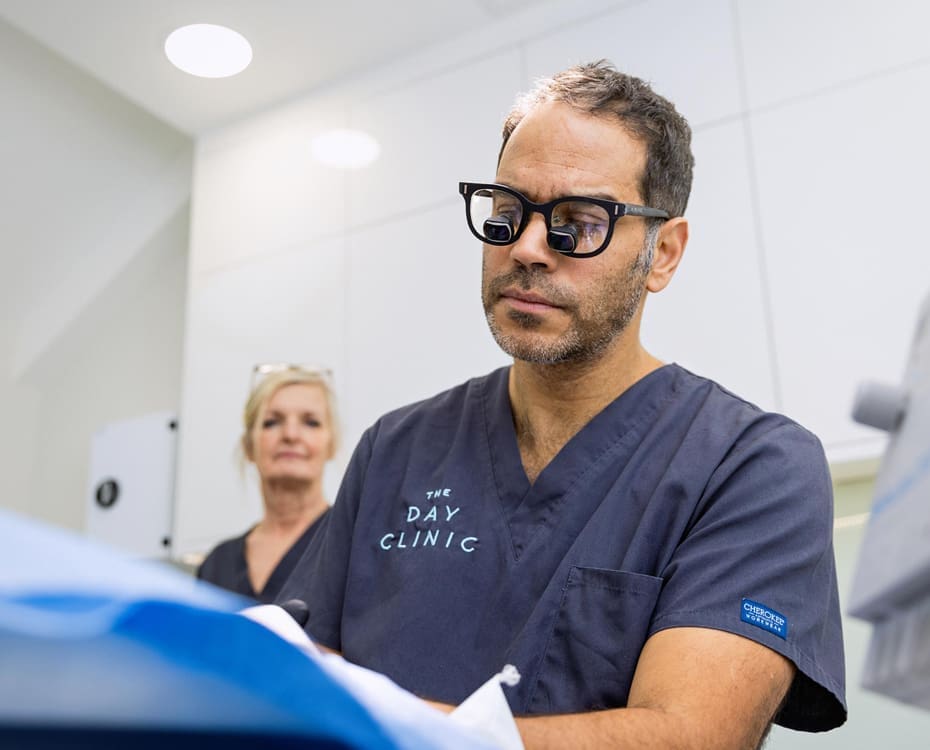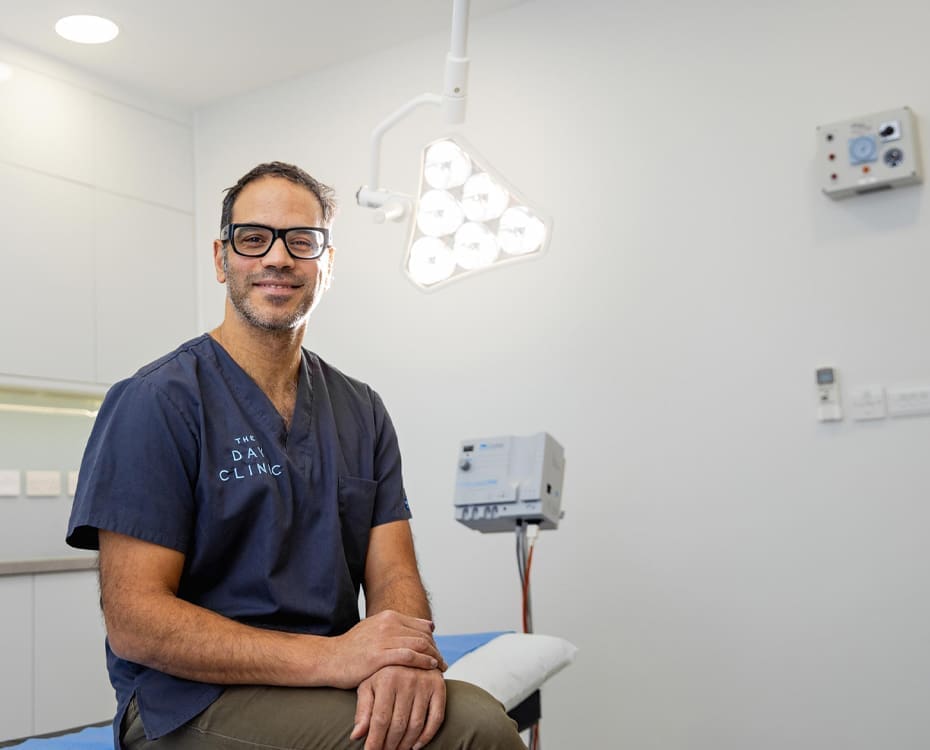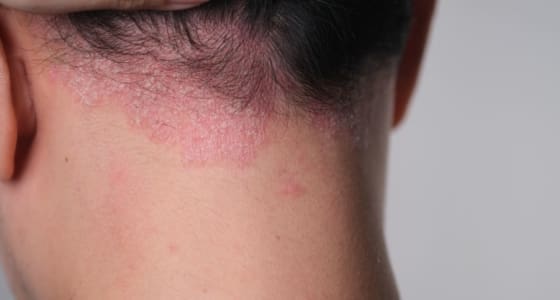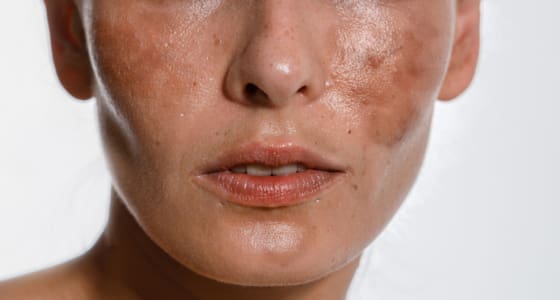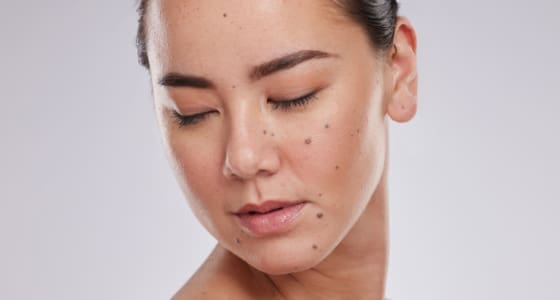They play a crucial role in maintaining skin health and addressing a wide range of conditions, from common issues to more serious concerns like skin cancer.
Dermatologists utilise various diagnostic techniques, such as visual examination, biopsies, and advanced imaging, to accurately identify conditions. They also provide personalised treatment plans, which may include prescribing medications and performing surgical procedures. Additionally, dermatologists educate patients on proper skincare routines and strategies for preventing future skin problems. Their expertise is invaluable in promoting overall well-being and confidence through optimal skin health. You can visit one of our dermatologists at The Day Clinic if you are concerned with conditions such as:
- Acne
- Psoriasis
- Eczema
- Skin rashes
- Pigmentation
- Fungal infections
- Skin cancer

